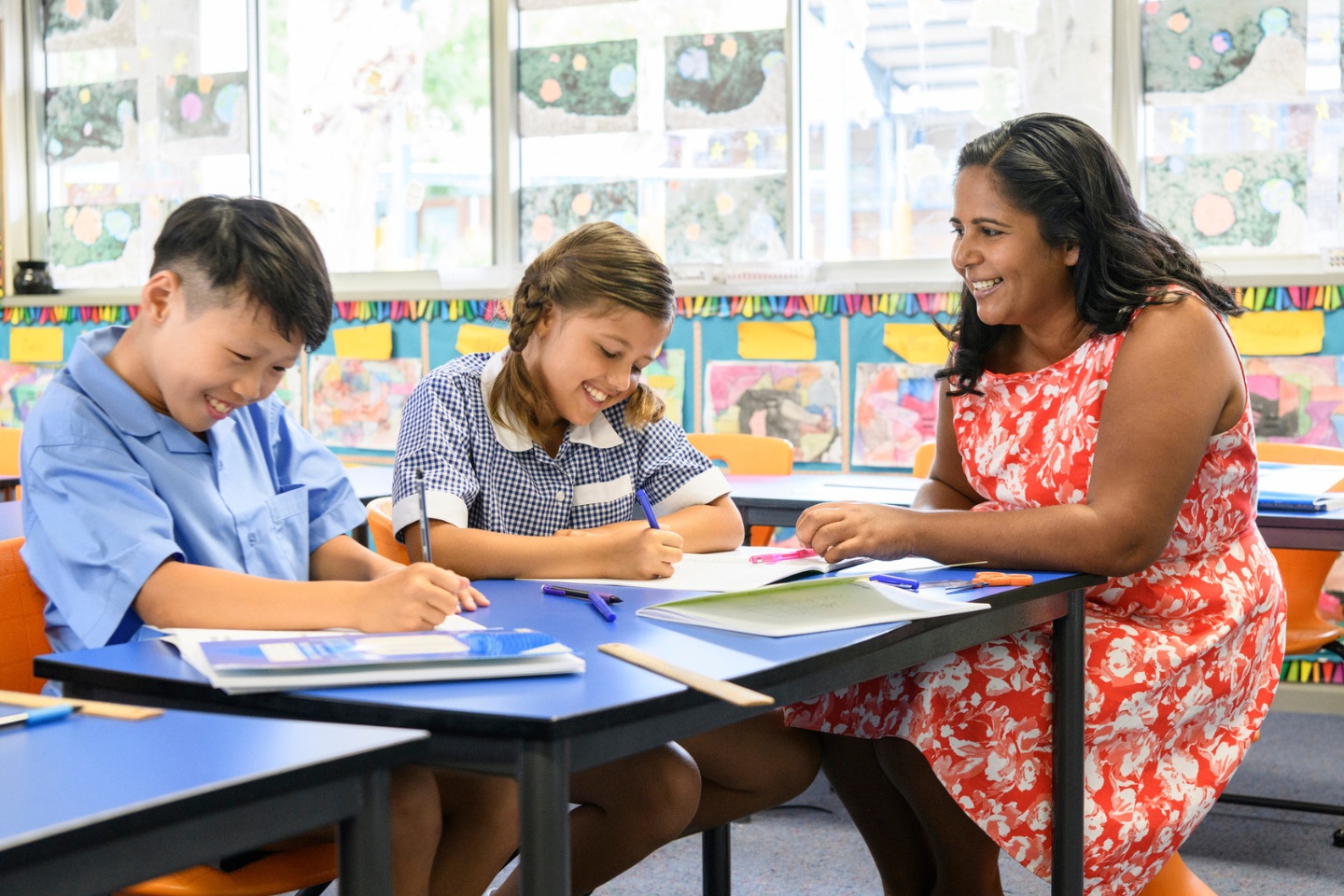
Partnerships recognise the importance of Aboriginal teachers
ACER news 3 days ago 5 minute readA special collaboration is helping build stronger pathways for Aboriginal students into teaching positions and education research.
The Australian Council for Educational Research (ACER) is partnering with the University of South Australia to ensure financial pressure is not a barrier to Aboriginal students completing teacher training or pursuing research.
The University of South Australia have identified that many Aboriginal students have left their studies at a critical juncture when practicums, or school placements were required.
Professor Shane Dawson, Executive Dean, UniSA Education Futures says, ‘After the first year of study, it can become challenging for students to juggle their studies with work commitments and practicum demands, and this is when we see many Aboriginal students dropping off.’
‘This partnership is a significant step forward in addressing the inequities that too often prevent Aboriginal students from realising their potential in education.
‘By removing financial barriers and building a foundation for long-term success, we are not only helping individuals, we are investing in a more inclusive, representative, and culturally rich teaching workforce for the future.’
ACER was entrusted with a generous bequest from the late John Farrant and Lesley Patricia Farrant who wished to increase participation of First Nations people in higher education.
Through the partnership with UniSA, funds from the bequest will be available to Aboriginal applicants when they secure their first practicum, and to offset financial challenges during placements until graduation.
The bequest will also fund scholarships for Aboriginal applicants wishing to pursue a Masters of Research degree in Education at the University of South Australia. To further assist the next generation of educational researchers, ACER will also provide practical advice and support to these students.
The collaboration builds on ACER’s partnership with the University of Technology Sydney’ Jumbunna Institute for Indigenous Education and Research, where funds from the bequest are enhancing the ability of First Nations researchers to complete their PhDs.
Why it’s important
First Nations teachers are significantly under-represented in the workforce. Aboriginal and Torres Strait Islander people accounted for just 1.3% of all school teachers registered nationally in 2020, compared to 6% of all students.
In the Northern Territory, where 39% of school students and just 4.6% of teachers were of Aboriginal and/or Torres Strait Islander background, this is still a critical issue.
Research finds that, as well as supporting their students in the key areas of learning, culture and community, Aboriginal and Torres Strait Islander educators can be role models for those reaching the end of their schooling.
There is also evidence that many teachers are not comfortable teaching Aboriginal and Torres Strait Islander history and culture despite it being included as a priority across learning areas in the Australian Curriculum since 2010. A national survey in 2023 found that only 54% of teachers felt they had been prepared to teach this priority area.
The National Teacher Workforce Action Plan highlighted the need to attract and retain First Nations teachers, resulting in the Australian Government funding development of a strategy to address the teacher shortage.
A focus of the strategy is to lift completion rates for First Nations students in initial teacher education.